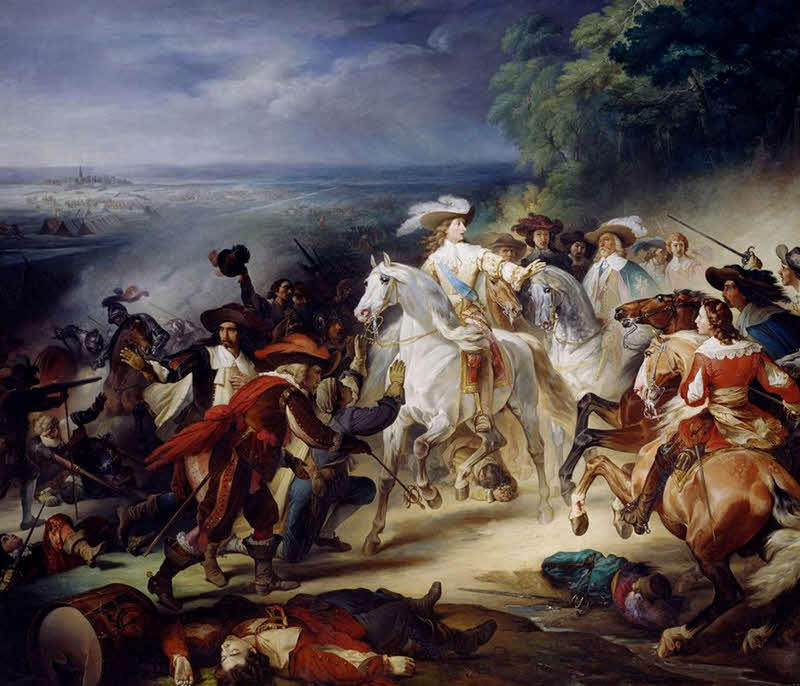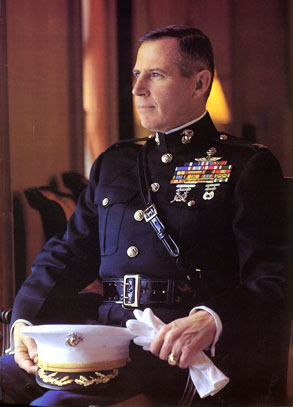|
Plinio Corrêa de Oliveira
Requirements for Leadership
|
|
|
A Leader’s Intellectual Requisites The exercise of authority requires certain qualities. In the first place, the leader must have a clear and firm notion of the objective and the common good of the group he directs. Then he needs a lucid knowledge of the means and procedures to attain this good. These intellectual qualities, however, do not suffice. The leader must also be able to communicate his knowledge and, as much as possible, persuade those who differ. However broad his powers, however drastic the penalties imposed on those who disobey, however honorable and generous the rewards conferred on those who do obey, these factors are not enough for the leader to make himself obeyed. A profound and stable consensus must exist between a leader and his subordinates regarding his objectives and methods. His subordinates must have earnest confidence in his capacity to employ these methods correctly and achieve these goals, all in view of attaining the common good.
Above: Louis de Bourbon, Prince of Condé in The Battle of Rocroi, May 19, 1643, by François-Joseph Heim in 1834. Requisites of the Will and the Sensibility Moreover, it is not enough for the leader merely to persuade through flawless logical argumentation. Other attributes are also necessary. These lie in the realm of the will and the sensibility. Above all, the leader must be gifted with a penetrating psychological sense. This quality requires the simultaneous exercise of the intelligence, will and sensibility. A very intelligent but weak-willed and unperceptive person ordinarily lacks the psychological sense needed to fathom even elementary aspects of his own mentality. How much less can he fathom that of others, such as his spouse, children, students and employees? For a leader lacking psychological sense, it is difficult not only to persuade the minds of subordinates but also to unite their wills for a common action. Not even this psychological sense, however, suffices. The leader must also be endowed with a sensibility rich enough to suffuse whatever he says with the flavor of reality, honesty, authenticity, and a touch of interest and inspiration that prompts those who should obey him to follow joyfully. In brief, these are the qualities without which someone who presides over a private social group will lack the conditions to fulfill his mission in ordinary circumstances. The Leader in Exceptional Circumstances, Whether Favorable or Adverse However, exceptional circumstances, whether favorable or adverse, occasionally alter the normal order in any private group. Unable to rise to the occasion, the average leader risks losing the excellent opportunities that he either fathoms incompletely or misses altogether. In this way, he lets them slip by, taking either partial advantage of them or no advantage at all. Should he prove incapable of discerning danger when it appears on the horizon, evaluating the threat it poses, and devising means to eliminate it as quickly as possible, he risks seriously harming the group under his direction and even causing its ruin. When confronted with exceptional occasions, whether favorable or unfavorable, a good leader is stimulated by them and grows in his qualities in proportion to the exceptional nature of the circumstances, thereby proving himself superior to them. Above: Cel. John Walter Ripley (June 29, 1939 – October 28, 2008) was a United States Marine Corps officer who received the Navy Cross for his actions in combat during the Vietnam War. Note: Adapted from Plinio Corrêa de Oliveira’s Nobility and Analogous Traditional Elites in the Allocutions of Pius XII: A Theme Illuminating American Social History (York, Pa.: The American Society for the Defense of Tradition, Family, and Property, 1993), 86–87. |
|



